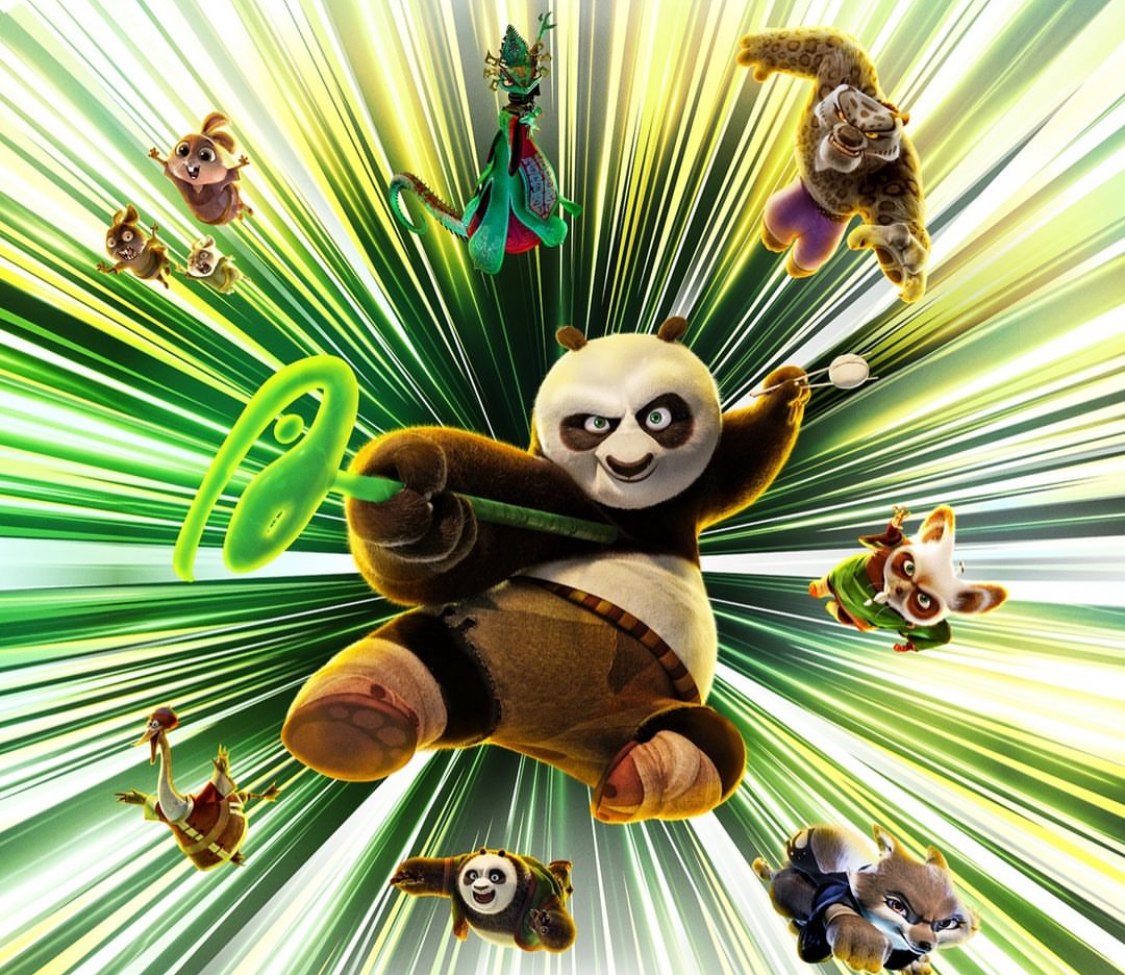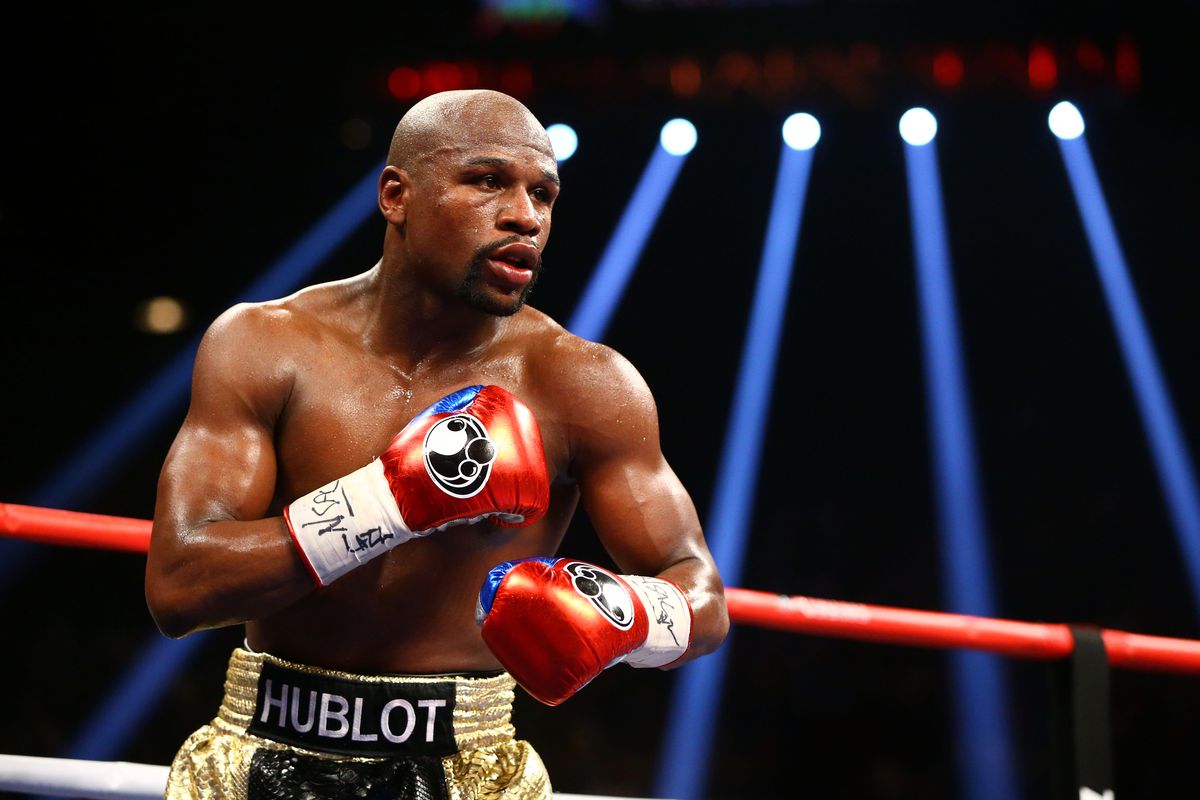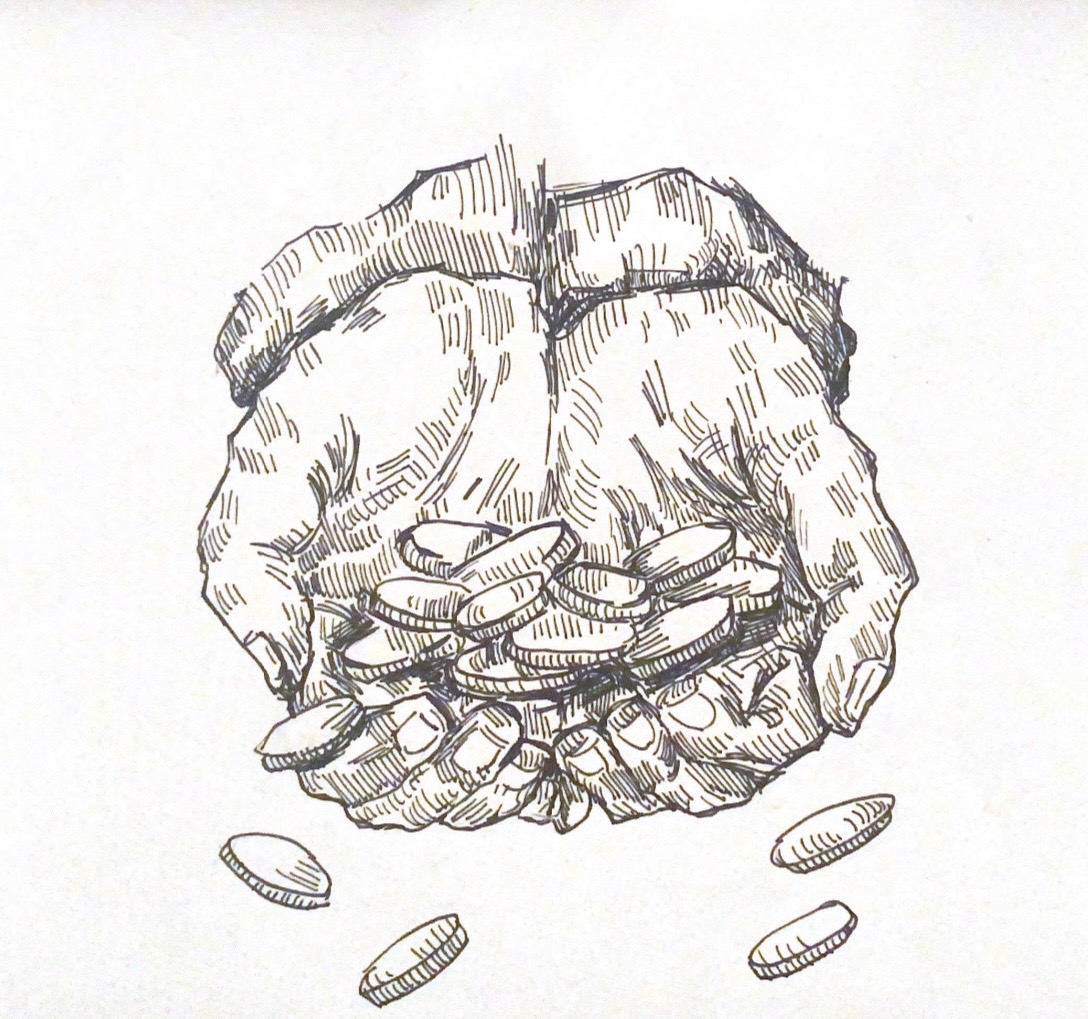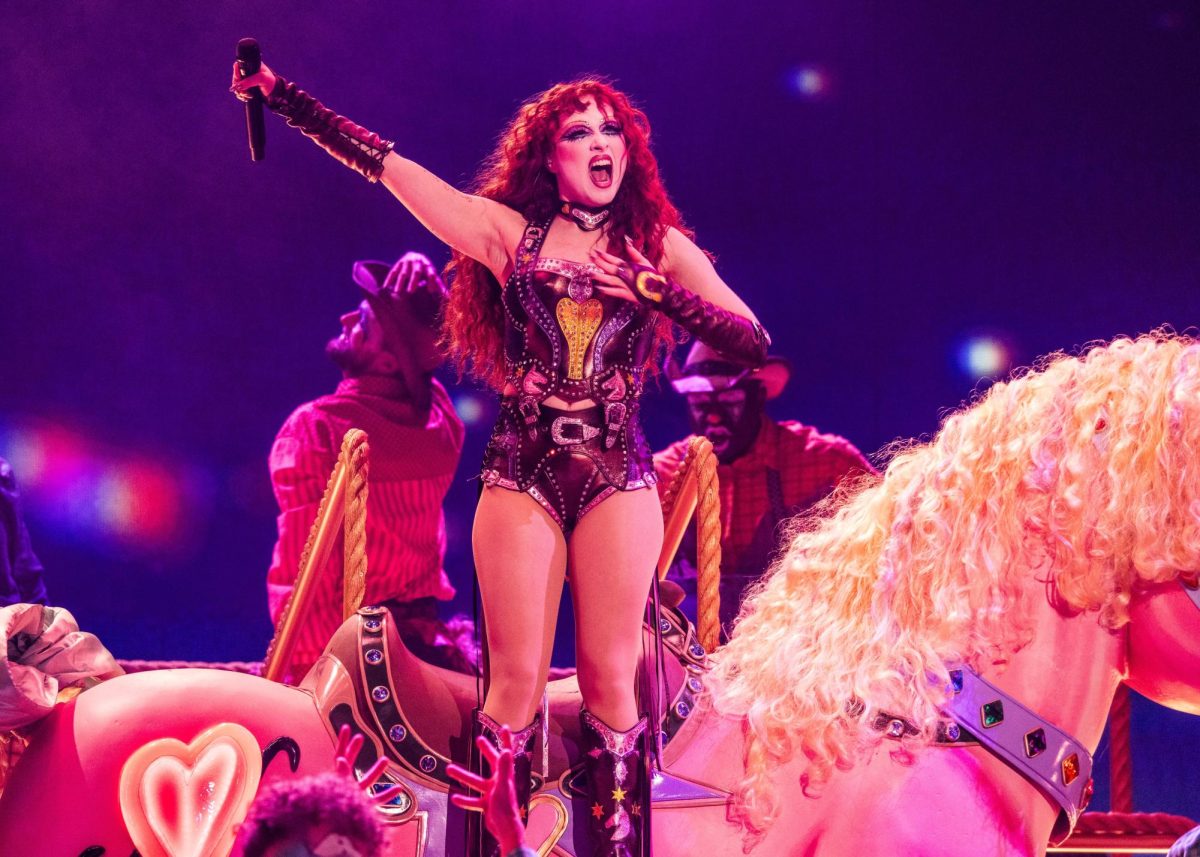![]()
Endless marble steps sweep up a mountain. An ornate temple overlooks villages in the valley below. Emerald trees and majestic cliffs cut through the misty clouds in an endless blue sky. Hot-pink petals blow away from cherry blossom trees, flying into the mouth of a panda, choking him where he stands. If anything captures the feeling of “Kung Fu Panda 4,” it’s this interruption of beauty.
After eight years, the “Kung Fu Panda” franchise returns in perhaps the safest and most unfulfilling manner imaginable. As Po (Jack Black) faces a promotion to the spiritual leader of the Valley of the Peace, he is forced to find an apprentice to take up his previous mantle of Dragon Warrior. However, before the training can begin, he is called into a battle with the evil Chameleon (Viola Davis), a shape-shifter scheming to summon villains from Po’s past. While there’s a palpable sense of nostalgia and adventure returning to this world, “Kung Fu Panda 4” breaks the number one rule of legacy sequels; if the franchise is as perfect as it was before, there is no reason to tack another film onto the series.
Despite the drop in quality, the film retains the sharp sense of humor customary to the “Kung Fu Panda” franchise. Black is a comedic genius — even in a voice-acting capacity — picking up right where he left off as Po. His work behind the microphone is infectiously peppy and charismatic, making for an upbeat return to his classic character. Moreover, a sub-plot between Po’s adoptive goose father (James Hong) and his biological panda father (Bryan Cranston) further energizes the film. They don’t have any major character arcs, but their hysterical shenanigans add some spice to the story.
Another strong aspect of the film is its thrilling action sequences. While director Mike Mitchell faced a slightly limited budget of $85 million — the original trilogy had budgets around $130+ million — he still displays wondrous creativity with how Po defeats his numerous foes. The animation is inevitably flatter, but Mitchell does great work crafting a fast-paced and visually interesting experience. It also helps that his entire film is backed by Hans Zimmer and Steve Mazzaro’s serene score. The majestic music is a franchise staple and elevates countless scenes.
Unfortunately, the lower budget hurt the casting, specifically the number of names that could return for this project. The absence of the Furious Five and their A-list voice actors is an irreplaceable gap that instantly removes many of the dynamics foundational to the franchise. Also, when Master Shifu (Dustin Hoffman) returns, his scenes are relegated to exposition for Po. Long-time fans coming for the classic characters and notable voices will certainly leave disappointed.
A core piece of what makes “Kung Fu Panda” special is its emotional through-line and moral lesson for the heroes, but in its fourth iteration, this journey is underwritten and surface-level. Upon the introduction of the new mischievous wolf Zhen (Awkwafina), it’s clear her character is nothing more than a criminal with a heart of gold. Her character beats are telegraphed from miles away, and worse, Po’s trust in her makes him look stupid, reversing much of his experience and growth from the previous films. Instead of providing him with a story in which he finally matures, taking on the role of a mentor, the film needlessly dumbs Po down to fulfill a tired redemption arc.
It also doesn’t help that Chameleon is a generally underwhelming villain. Though Davis’ voice is as projective and powerful as ever, there’s little menace in the character’s screen presence. Chameleon is far less imposing than the more iconic enemies from the franchises’ past. When she brings Tai-Lung (Ian McShane) back from the spirit realm, he only highlights how much more compelling he is in the first film than Chameleon is in the fourth. It’s difficult to watch Chameleon’s generic power-hungry plotline when more screen time could have gone to a more complex villain of the past. Tai-Lung’s return is a disappointing missed opportunity and a slap in the face to long-time fans.
While there’s some novelty in watching another “Kung Fu Panda” film after all these years, most of the enjoyment is tied to its superficial components: seeing characters again, the jokes and the action set-pieces. “Kung Fu Panda 4” is beneath the quality of the first three films, confirming it to be an unnecessary and uninspired adventure for Po.

















